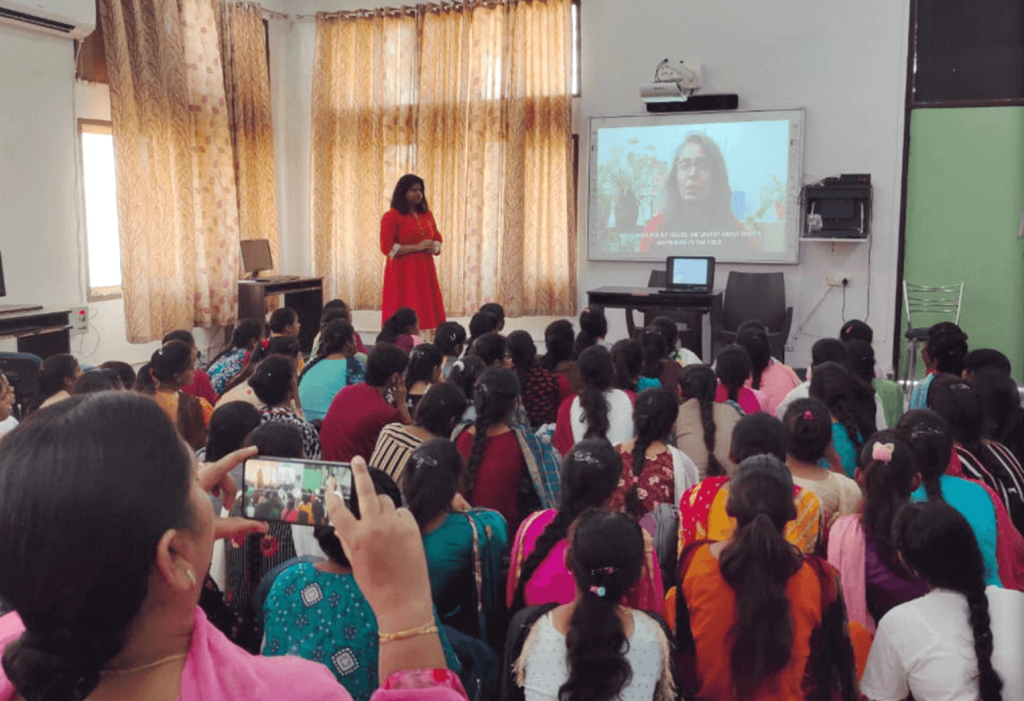
29-year-old Vikesh Yadav nervously attended her first ever cervical cancer screening camp on the outskirts of New Delhi, hosted by the non-profit Cancer Awareness, Prevention and Early Detection Trust (CAPED). Like many Indian women, she had never heard of cervical cancer and felt embarrassed about the screening procedure. Yet Yadav was encouraged to go by community health worker Sumitra Devi, who tirelessly counsels rural women to overcome taboos around the sexually transmitted HPV virus that causes most cervical cancer cases.

Devi is one of the unsung heroes fighting not just the disease, but also the social stigma surrounding women’s sexual health in conservative communities. Her selfless efforts have slowly built acceptance for CAPED’s screening camps in villages where families initially barred health workers from even entering. CAPED CEO Mridu Gupta knows firsthand how cancer can quietly take the lives of women who prioritize others in the family over their own health. By bringing preventative services directly to underserved areas, CAPED reaches women who may otherwise never get checked until late-stage cancer.

A newly-developed, low-cost HPV vaccine called Cervavac could prove transformational in CAPED’s awareness-building efforts. If included in India’s national immunization program, the vaccine would be free to all girls age 9 and help demonstrate that cervical cancer is highly preventable. However, Gupta cautions that acceptance depends on coordinating with embedded community partners like Devi to counter persistent stigma. Producing enough Cervavac annually remains another obstacle before India can envision mass vaccination. Still, preventative health advocates are hopeful that the tide is turning, one woman and one community at a time.
The road ahead will be long, with an estimated 70,000 Indian women still dying each year from cervical cancer. But CAPED and its resolute field workers personify that with sufficient awareness and early intervention, many of these deaths can be avoided. One woman making the decision to get screened, like Vikesh Yadav, symbolizes promise for this public health crisis.
Read the full article by Catherine Davison in The Telegraph.
Related Links
Cancer Awareness, Prevention and Early Detection Trust (CAPED)
